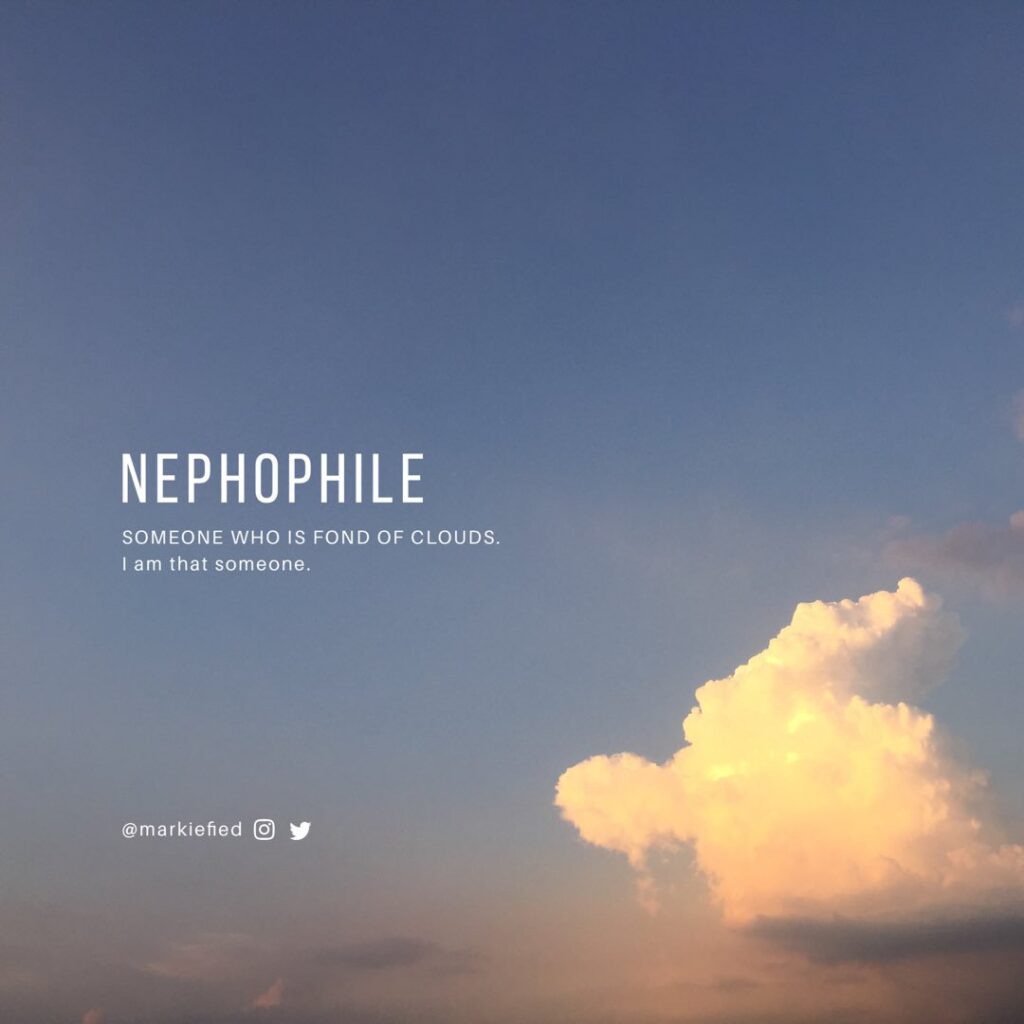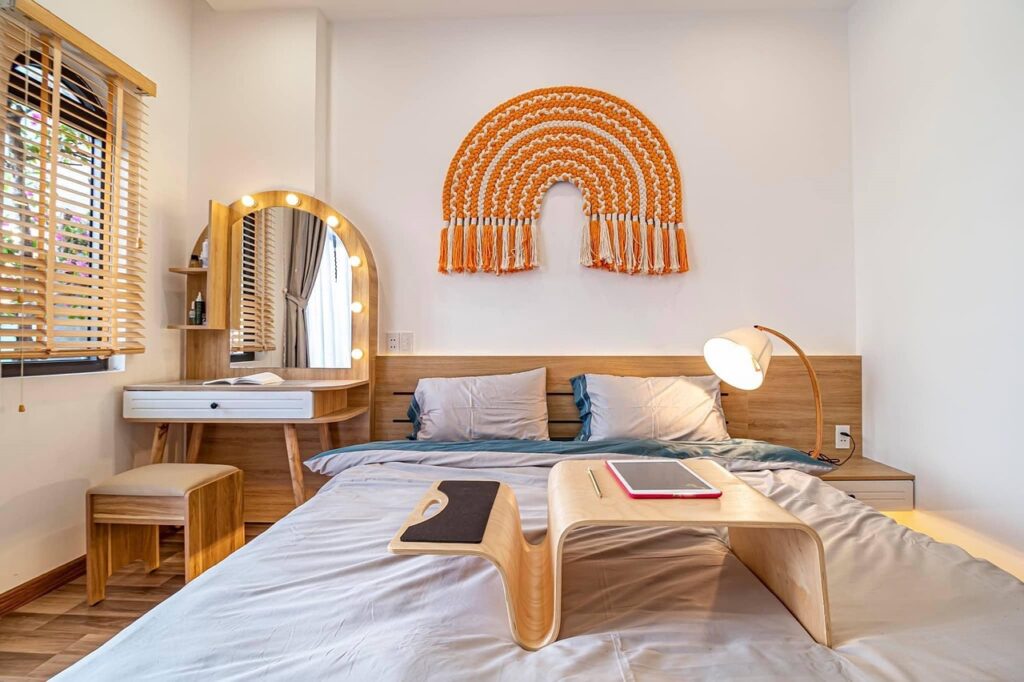Do you know that names are not just labels, especially in South Africa? In the heart of South Africa lies a treasure collection of names, each a doorway to a world of meaning, culture and heritage.
South African names are more than just labels; they are a reflection of a rich cultural heritage, a history of struggle and a celebration of identity. These names are enchanting stories waiting to be told.
I hope you’ll relax and listen to the story to be told, From the rhythmic sounds of Zulu to the lyrical tones of Xhosa, each name carries with it the essence of a people, a history, and a spirit that is uniquely South African.
In this article, we will explore the tongues of Rainbow Nation, significance of South African names, their cultural roots, and the impact of colonialism and apartheid on naming traditions.
Also, we will look at modern-day trends in naming and the importance of reclaiming and preserving indigenous names.
Tongues Of Rainbow Nation
South Africa, also called Rainbow Nation, is known for its linguistic diversity, with eleven official languages recognized in the country’s constitution. These languages reflect the diverse cultural heritage of South Africa, with each language having its own unique history and significance.
These languages are:
- Zulu – Spoken by the largest ethnic group in South Africa, the Zulu people.
- Xhosa – Known for its distinctive click sounds, spoken by the Xhosa people.
- Afrikaans – Evolved from Dutch and is spoken by a significant portion of the population, especially in the Western Cape and Northern Cape provinces.
- English – Widely spoken and used in government, business and education.
- Southern Sotho (Sesotho) – Spoken by the Sotho people.
- Tswana – Spoken by the Tswana people.
- Northern Sotho (Sesotho sa Leboa) – Spoken by the Pedi people.
- Venda – Spoken by the Venda people.
- Tsonga – Spoken by the Tsonga people.
- Swati – Spoken by the Swati people.
- Ndebele – Spoken by the Ndebele people.
Historical Significance of South African Names

South African names have deep historical roots, often carrying stories of triumph and resilience. Traditional African names are deeply meaningful, reflecting aspects of nature, events or qualities the parents hope for in their children.
Examples of South Africa names listed below embody positive aspirations for the child’s life, either male or female.
- Abongile: A Xhosa name meaning “thankful.”
- Amahle: A Zulu name meaning “the beautiful ones.”
- Amogelang: A Tswana name derived from amogela, meaning “welcome, accept.”
- Andile: A Zulu, Xhosa, and Ndebele name meaning “they have increased.”
- Aphiwe: A Xhosa name meaning “they are given.”
- Ayanda: A Zulu, Xhosa, and Ndebele name meaning “they augment.”
- Bandile: A Zulu, Xhosa, and Ndebele name meaning “they have increased.”
- Banele: A Zulu, Xhosa, Ndebele, and Swazi name meaning “it is enough.”
- Boipelo: A Tswana name meaning “joy, rejoicing,” derived from ipela meaning “to rejoice.”
- Boitumelo: A Tswana name meaning “joy,” derived from itumela meaning “to be happy.”
- Bongani: A Zulu name meaning “grateful, thankful” (given to male children only).
- Bonolo: A Sotho name meaning “ease” (given to female children only).
- Braam: An Afrikaans name, short for Abraham (given to male children only).
- Buhle: A Xhosa and Ndebele name meaning “beautiful, handsome,” from the root hle.
- Charlize: An Afrikaans name, the female variant of Charles, popularized by South African actress Charlize Theron.
- Chifundo: A Chewa name meaning “mercy.”
- Chifuniro: A Chewa name meaning “will, wish.”
- Chikondi: A Chewa name meaning “love.”
- Chikumbutso: A Chewa name meaning “memory.”
- Chimwemwe: A Chewa name meaning “joy, pleasure.”
- Chipiliro: A Chewa name meaning “perseverance, endurance.”
- Chisomo: A Chewa name meaning “grace.”
- Chiyembekezo: A Chewa name meaning “hope.”
- Chrizanne: An Afrikaans name, a combination of Christine and Anne, commonly used in South Africa (given to female children).
- Dalitso: A Chewa name meaning “blessing.”
- Dikeledi: A Tswana name meaning “tears” (given to female children).
- Dumi: A Zulu and Ndebele name, short for Dumisani (given to male children).
- Dumisani: A Zulu and Ndebele name meaning “praise” (given to male children).
- Enzokuhle: A Zulu and Xhosa name meaning “to do good,” deriving from enza meaning “to do” and hle meaning “beautiful, good.”
- Fatsani: A Chewa name meaning “be meek.”
- Gugulethu: A name used in Xhosa, Zulu, and Ndebele, derived from “igugu” meaning “treasure, pride” and “lethu” meaning “our.”
- Hlengiwe: A name used in Zulu, Xhosa, Ndebele, and Swazi, meaning “helped, rescued, redeemed.”
- Iminathi: A Zulu name meaning “he stands with us.”
- Itai: A Shona name meaning “do, act, perform.”
- Itumeleng: A Tswana name meaning “be happy.”
- Kabelo: A name used in Sotho and Tswana, meaning “allotment, share, gift.”
- Kagiso: A Tswana name meaning “peace.”
- Karabo: A name used in Sotho and Tswana, meaning “answer.”
- Katlego: A Tswana name meaning “success, prosperity.”
- Katleho: A Sotho name meaning “success, prosperity.”
- Kefilwe: A Tswana name meaning “I was given.”
- Kelebogile: A Tswana name meaning “I am thankful.”
- Kgosi: A Tswana name meaning “king, chief.”
- Khumbo: A Chewa name meaning “wish.”
- Kondwani: A name used in Chewa and Tumbuka, meaning “be happy, rejoice.”
- Kumbukani: A Chewa name meaning “remember.”
- Lebogang: A name used in Tswana, meaning “be thankful.”
- Lebohang: A name used in Sotho, meaning “be thankful.”
- Lerato: A Sotho name meaning “love.”
- Lesedi: A Tswana name meaning “light.”
- Lesego: A Tswana name meaning “luck, blessing.”
- Lethabo: A name used in Sotho and Tswana, meaning “joy, happiness.”
- Lethokuhle: A name used in Xhosa and Zulu, meaning “bring goodness.”
- Limbani: A Chewa name meaning “be strong.”
- Limbikani: A Chewa name meaning “work hard.”
- Lindiwe: A name used in Zulu, Xhosa, Ndebele, and Swazi, meaning “waited for, awaited.”
- Lisakhanya: A name used in Xhosa and Zulu, meaning “still shining.”
- Lovemore: A name used in Southern African regions, meaning “love” and “more.”
- Lubanzi: A name used in Xhosa and Zulu, meaning “it is wide.”
- Lungile: A name used in Zulu and Ndebele, meaning “correct, right, good.”
- Lwandle: A name used in Zulu and Xhosa, meaning “ocean.”
- Madalitso: A Chewa name meaning “blessings.”
- Mandla: A Zulu and Ndebele name meaning “strength, power.”
- Mandlenkosi: A Zulu and Ndebele name meaning “strength, power.”
- Marietjie: An Afrikaans name, a diminutive of Maria.
- Masego: A Tswana name meaning “blessings.”
- Masozi: A Tumbuka name meaning “tears.”
- Mavuto: A Chewa name meaning “troubles, problems.”
- Mayamiko: A Chewa name meaning “praise, gratitude.”
- Mayeso: A Chewa name meaning “test (from God).”
- Mbalenhle: A Zulu name meaning “beautiful flower.”
- Mbali: A Zulu name meaning “flower.”
- Melisizwe: A Xhosa name meaning “leader of the nation.”
- Melokuhle: A name used in Xhosa and Zulu, meaning “stand for goodness.”
- Minenhle: A Zulu name meaning “beautiful day.”
- Mphatso: A Chewa name meaning “gift.”
- Mpho: A Tswana and Sotho name meaning “gift.”
- Mtendere: A Chewa name meaning “peace.”
- Mwayi: A Chewa name meaning “opportunity.”
- Mwenya: A Chewa name, referring to a type of flowering tree.
- Neo: A Tswana name meaning “gift.”
- Nkazimulo: A Zulu name meaning “glory, brightness.”
- Nkosana: A Xhosa name meaning “prince.”
- Nkosazana: A Xhosa name meaning “princess.”
- Nolene: An Afrikaans name, an elaborated form of Nola.
- Nomusa: A Ndebele name meaning “merciful.”
- Nonhle: A Xhosa name meaning “beautiful.”
- Nontle: A Xhosa name, a variant of Nonhle.
- Nosipho: A Zulu and Xhosa name meaning “gift.”
- Nosizwe: A Xhosa name meaning “nation.”
- Noxolo: A Xhosa and Ndebele name meaning “peace.”
- Nqobile: A Zulu name meaning “they conquered.”
- Nthanda: A Tumbuka name meaning “star.”
- Ntombi: A Zulu name meaning “girl.”
- Ntombifuthi: A Zulu name meaning “a girl again.”
- Ntombizodwa: A Zulu, Xhosa, and Ndebele name meaning “only girls.”
- Okuhle: A Zulu and Xhosa name meaning “that which is beautiful, that which is good.”
- Omphile: A Tswana and Sotho name meaning “he has given.”
- Onalerona: A Tswana and Sotho name meaning “he is with us.”
- Palesa: A Sotho name meaning “flower.”
- Pemphero: A Chewa name meaning “prayer.”
- Penjani: A Tumbuka name meaning “seek for, look for.”
- Pilirani: A Chewa name meaning “persevere, endure.”
- Puleng: A Sotho name meaning “in the rain.”
- Refilwe: A Tswana name meaning “we were given.”
- Tau: A Tswana and Sotho name meaning “lion.”
- Tebogo: A Tswana name meaning “gratitude, thanks.”
- Teboho: A Sotho name meaning “gratitude.”
- Thabang: A Tswana name meaning “be happy.”
- Thabani: A Zulu and Ndebele name meaning “be happy.”
- Thabo: A Sotho and Tswana name meaning “joy, happiness.”
- Thandeka: A Zulu and Ndebele name meaning “loved.”
- Thandi: A short form of Thandiwe, meaning “loving one.”
- Thandiwe: A Xhosa, Zulu, and Ndebele name meaning “loving one.”
- Thando: A Xhosa, Zulu, and Ndebele name meaning “to love.”
- Thato: A Sotho and Tswana name meaning “will, desire.”
- Themba: A Zulu, Xhosa, and Ndebele name meaning “trust, hope.”
- Thoko: A Chewa name, short for Thokozani, meaning “thank.”
- Thulani: A Zulu name meaning “be quiet, be peaceful.”
- Thulile: A Zulu name meaning “quiet, peaceful.”
- Tionge: A Chewa and Tumbuka name meaning “we thank.”
- Tiwonge: A variant of Tionge, meaning “we thank.”
- Tiyamike: A Chewa name meaning “we praise.”
- Tjaart: An Afrikaans form of Tjaard.
- Tshepo: A Sotho and Tswana name meaning “hope.”
- Tsholofelo: A Tswana name meaning “hope, expectation.”
- Tumelo: A Sotho and Tswana name meaning “faith.”
- Unathi: An Xhosa name meaning “he or she is with us.”
- Wanangwa: A Tumbuka name meaning “freedom.”
- Wongani: A Chewa name meaning “be thankful.”
- Xolani: A Zulu name meaning “peace.”
- Yamikani: A Chewa name meaning “be grateful, praise.”
- Zanokuhle: A Zulu and Xhosa name meaning “come with goodness.”
- Zephania: A variant of Zephaniah, used in Southern and Eastern Africa.
- Zikomo: A Chewa name meaning “thank you, greeting.”
- Zodwa: A Zulu, Xhosa, and Ndebele name, short for Ntombizodwa, meaning “only girls.”
- Zola: A Xhosa name meaning “calm.”
Please note that these South Africa names and their meanings are a blend of various South African languages and cultures and the meanings can vary depending on the specific cultural context.
Impact of Colonialism and Apartheid on Naming
The arrival of Europeans in South Africa brought significant changes to naming practices. Many indigenous names were Anglicized or replaced with European names, leading to a loss of cultural identity.
During apartheid, non-European names were often seen as inferior and many South Africans adopted Western names to avoid discrimination. This period had a profound impact on South African naming traditions, leading to a disconnection from cultural roots.
Modern Trends in South African Naming
In recent years, there has been a resurgence of interest in traditional African names. Many parents are choosing to give their children indigenous names to reconnect with their cultural heritage.
Moreover, there is a growing trend of combining African and Western names, creating unique and meaningful combinations that reflect both heritage and modernity. Names like Thandiwe-Grace or Kgosi-James are examples of this trend.
Reclaiming and Preserving Indigenous Names
The movement to reclaim indigenous names is more than just a trend; it is a form of cultural preservation.
By choosing indigenous names for their children, parents are ensuring that their cultural heritage is passed down to future generations.
Organizations and initiatives have also emerged to promote the use of indigenous names and educate people about their meanings and significance.
Conclusion
South African names are not just words; they are a celebration of culture, resilience, and identity. They carry the stories of the past and the hopes for the future.
As South Africa continues to navigate its post-apartheid identity, the preservation and celebration of indigenous names play a crucial role in fostering a sense of pride and unity among its people.
Embracing South African names is not just about what we call ourselves; it is about reclaiming our history and embracing our true identity.




